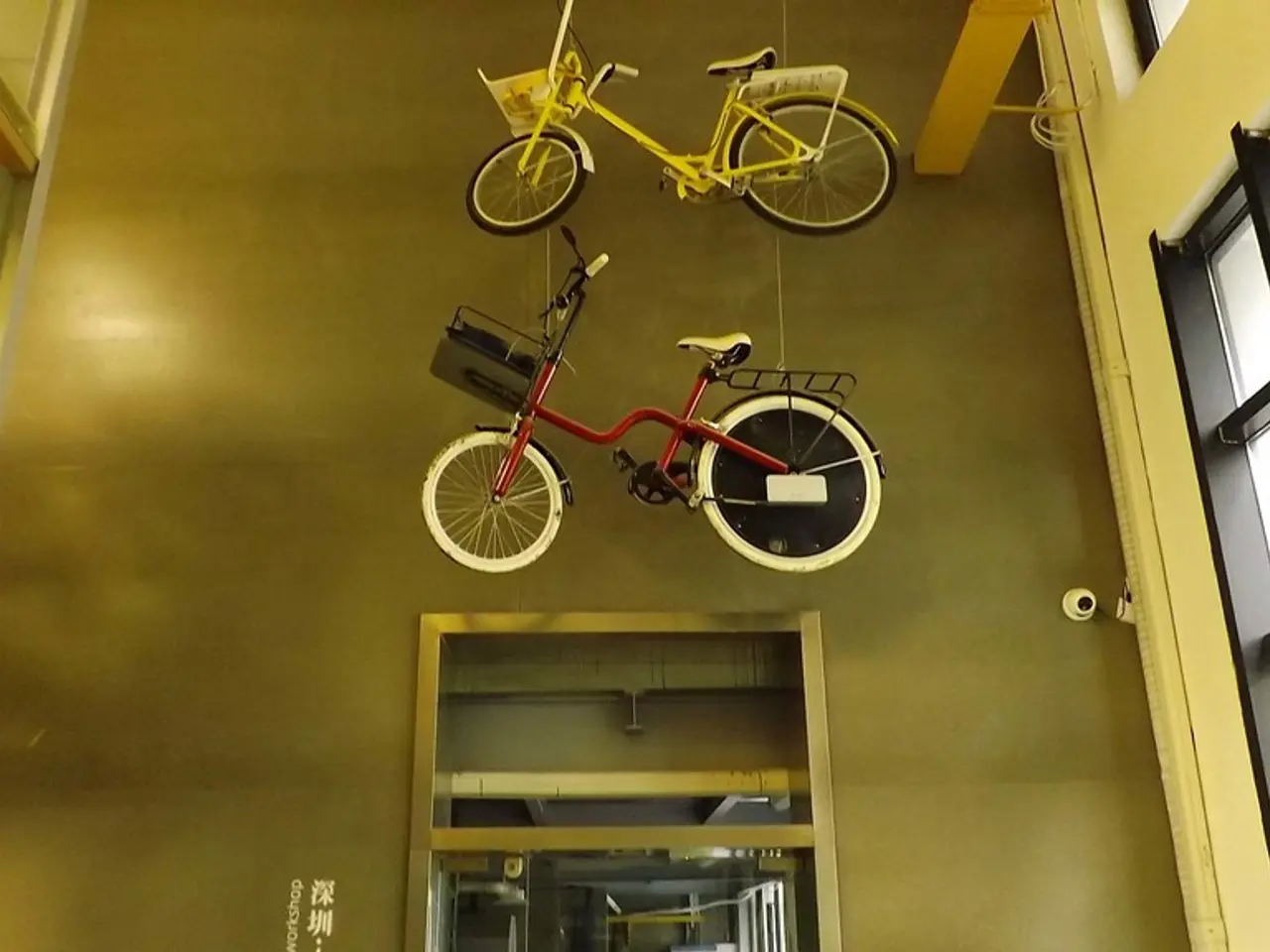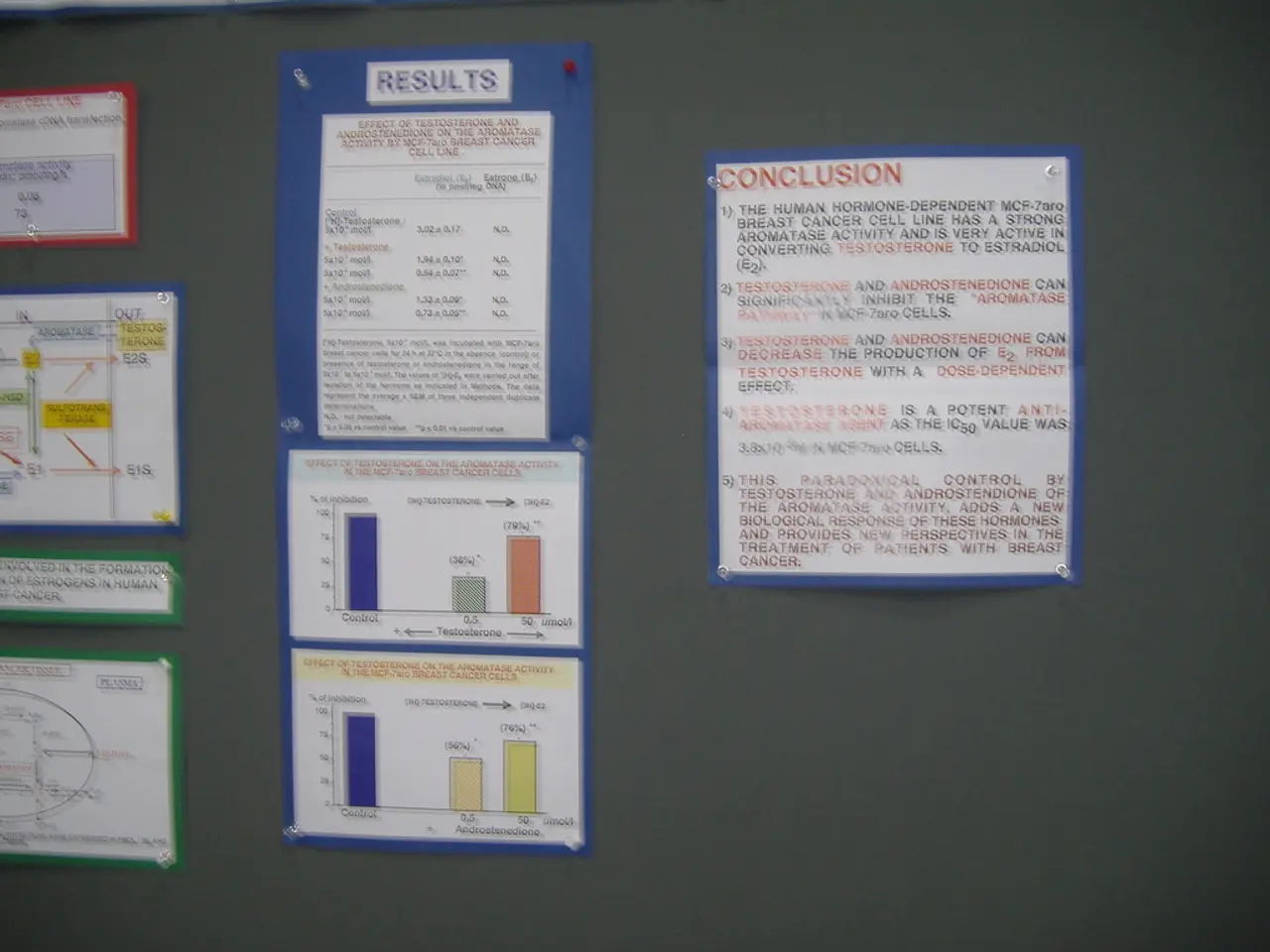"Struggling With Food Expenses: Public Displeasure Over Elon Musk's Approaching Title of World's First Trillionaire"
Elon Musk's recent surge in wealth, now estimated at around $412 billion, has put him on track to become the world's first trillionaire by 2027[1][2]. However, this milestone has sparked a broader conversation about capitalism, wealth distribution, and the responsibilities of the ultra-rich.
While some celebrate Musk's economic achievements, others express frustration and criticism. The public and media are particularly concerned about Musk's perceived unfulfilled promises regarding world hunger and the lack of proportional philanthropic action towards urgent humanitarian issues[2]. This tension highlights a broader debate on the role billionaires and trillionaires should play in addressing societal issues.
The internet is not pleased about the possibility of Musk becoming the world's first trillionaire. Many people have pointed out that he has the means to solve world hunger and homelessness but has not done so[3]. Some participants in the discussion have suggested the implementation of a wealth cap to address the issue of extreme wealth accumulation[4].
The sentiment among many is that the focus should be on addressing societal issues and creating a more equitable society, rather than on individual wealth accumulation[5]. One person summed up the sentiment of many, stating that the focus should be on addressing societal issues rather than the accumulation of individual wealth[6].
Conversely, some discussions acknowledge Musk’s investments in technology, space exploration, and renewable energy as potential longer-term contributions to global challenges, though these are less directly linked to immediate humanitarian needs like hunger and homelessness[7].
The conversation about Musk's potential trillionaire status has been a catalyst for a wider debate about wealth distribution and the role of capitalism in society. Some participants argue that the resources needed to solve issues like world hunger and homelessness are within the reach of the ultra-rich, but are not being utilized effectively[8].
The idea of a trillionaire has been met with ridicule by some, who find it incongruous with the realities of poverty and economic hardship faced by many[9]. The discourse centers on whether Musk will translate his wealth into impactful social philanthropy, with strong calls for action on pressing humanitarian crises alongside recognition of his economic achievements.
References:
- Bloomberg
- CNN Business
- Forbes
- The Guardian
- Business Insider
- Reuters
- The Hill
- The New Yorker
- The trending news about Elon Musk's potentially becoming the world's first trillionaire has ignited a timely debate about wealth distribution and the roles of billionaires and trillionaires in societal issues.
- Best of internet-Twitter discussions show frustration towards Musk's perceived lack of action on world hunger and homelessness, with some suggesting a wealth cap to address extreme wealth accumulation.
- The general-news focus is shifting from individual wealth accumulation to addressing societal issues and creating a more equitable society, as people call for impactful social philanthropy from the ultra-rich.




